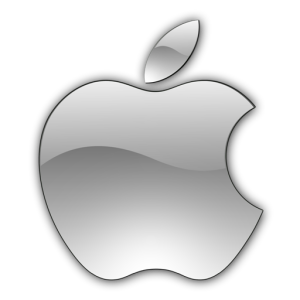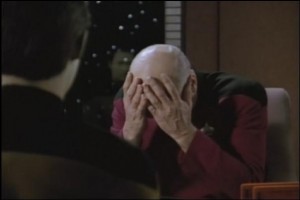 From the New York Times:
From the New York Times:
A federal judge on Friday approved a settlement in which Apple could begin paying $400 million to as many as 23 million consumers related to charges that it violated antitrust law by conspiring with publishers to raise e-book prices and thwart efforts by Amazon …
Apple initially agreed to pay up to $400 million to settle the class action in June, ahead of a damages trial set for two months later in which attorneys general in 33 states and class-action lawyers were expected to seek up to $840 million …
The suit accused Apple of being a “ringmaster” of a conspiracy with the five major publishers to raise the average price of e-books from the $9.99 price that Amazon had made standard for new e-book releases. Simon & Schuster, HarperCollins and the Hachette Book Group settled the day the case was filed; Penguin and Macmillan settled months later.
Read the rest here.
And, to reiterate, I recognize the economic danger of Amazon’s size, but (a) Amazon is nowhere near a monopoly or monopsony, (b) it was Amazon’s competitor Apple that showed its willing to break the law to the rip off readers, and (c) the Big Five were an economically dangerous cartel long before Amazon’s first 1’s and 0’s hit the Internet, and they prove their intentions to behave as a cartel again and again, to the detriment of readers and writers.
The facts in this scandal make the deluded National Book Awards polemic delivered by Ursula Le Guin, who is otherwise a remarkable advocate for literature, all the more tragic. Continue reading

 The Passive Voice blog
The Passive Voice blog  I suppose I should say something now that Amazon and Hachette have ended their dispute by signing a multi-year contract. After all, I’ve had plenty to say about it up to this point.
I suppose I should say something now that Amazon and Hachette have ended their dispute by signing a multi-year contract. After all, I’ve had plenty to say about it up to this point. Businesses have a bad habit of backing themselves into corners. For example, the way traditional publishers backed away from their promotional responsibilities, pressuring all but a tiny bestselling minority of authors to run themselves ragged promoting their own books.1
Businesses have a bad habit of backing themselves into corners. For example, the way traditional publishers backed away from their promotional responsibilities, pressuring all but a tiny bestselling minority of authors to run themselves ragged promoting their own books.1


